The University of Utah’s College of Engineering welcomes 14 new tenure-track faculty members who are joining the college in the 2019-20 school season.
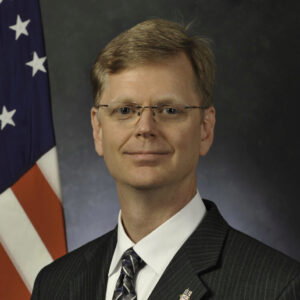 Professor Glenn Sjoden (Civil and Environmental Engineering)
Professor Glenn Sjoden (Civil and Environmental Engineering)
Sjoden joins the Utah Nuclear Engineering Program. He was professor of the NRE Program at Georgia Institute of Technology and Chief Scientist of the U.S. Air Force Technical Applications Center in Florida. He has also worked as a research consultant for government agencies including the Department of Energy, Department of Homeland Security, and Department of Defense
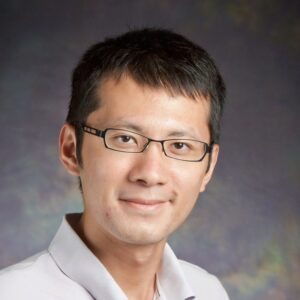 Assistant Professor Tsung-Wei Huang (Electrical and Computer Engineering)
Assistant Professor Tsung-Wei Huang (Electrical and Computer Engineering)
Huang was a research assistant professor in the Department of ECE and CSL at the University of Illinois at Urbana Champaign. During his career, his research interests have been in parallel processing, heterogeneous computing, computer-aided design, and machine learning.
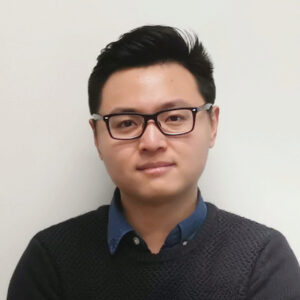 Assistant Professor Cunxi Yu (Electrical and Computer Engineering)
Assistant Professor Cunxi Yu (Electrical and Computer Engineering)
Yu was a postdoctoral associate at Cornell University before coming to Utah. He received his doctorate in computer engineering at the University of Massachusetts, Amherst. His research interests focus on formal methods, electronic design automation, applied machine learning, formal verification, and hardware security.
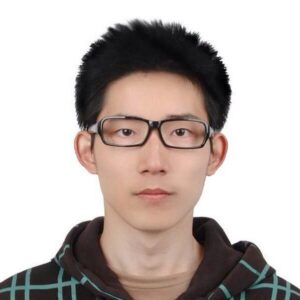 Assistant Professor Yi Zhou (Electrical and Computer Engineering)
Assistant Professor Yi Zhou (Electrical and Computer Engineering)
Zhou comes from The Ohio State University (OSU) where he was a post-doc research fellow. His research involves deep learning, statistical machine learning, nonconvex optimization, distributed optimization, optimization for signal processing, and statistical signal processing. He received his doctorate in electrical and computer engineering at OSU.
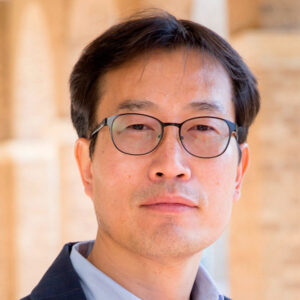 Associate Professor Jungkyu (Jay) Kim (Mechanical Engineering)
Associate Professor Jungkyu (Jay) Kim (Mechanical Engineering)
Kim returns to Utah, where he received his doctorate in biomedical engineering, after serving as assistant professor at Texas Tech University. His research focuses on microengineered ocular systems, heart valve-on-a-chip for mechanobiological studies, microfabricated space instruments for life detection, biosensors and bioelectronics, dynamics and control of biomedical systems, and point-of-care diagnostics for medical diagnostics.
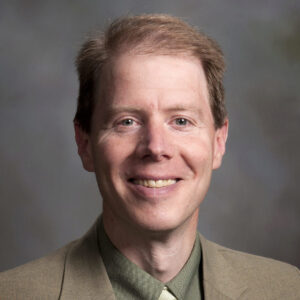
Professor Robert Parker, (Mechanical Engineering, starts Jan. 1)
Parker, who earned a doctorate in mechanical engineering from the University of California, Berkeley, comes to Utah from Virginia Tech where he was a professor of mechanical engineering and once head of the department. His research is in dynamics of high-speed, gyroscopic systems, nonlinear vibrations, and vibration of continuous systems.
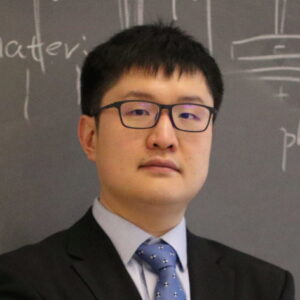 Assistant Professor Pai Wang, (Mechanical Engineering)
Assistant Professor Pai Wang, (Mechanical Engineering)
Wang earned his doctorate and master’s degrees from Harvard University where he also was a research scientist. At the U, he now directs the Utah WAVES group (wave mechanics, architected materials and vibrations in engineering systems). His research interests are also in phononic crystals, acoustic metamaterials, topological mechanics, and acoustic diagnostics and therapeutics.
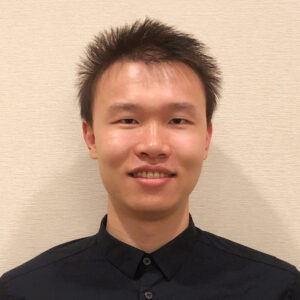 Assistant Professor Qingyao Ai, (School of Computing)
Assistant Professor Qingyao Ai, (School of Computing)
Ai’s research focuses on information retrieval and machine learning. He’s working on applying deep learning techniques on IR problems including ad-hoc retrieval, product search/recommendation and learning to rank. He received his master’s/ doctorate degree from the University of Massachusetts, Amherst.
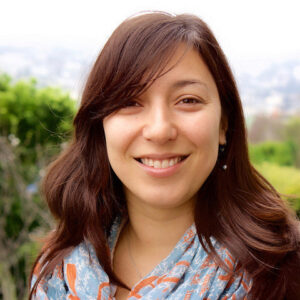 Assistant Professor Marina Kogan (School of Computing)
Assistant Professor Marina Kogan (School of Computing)
Kogan was as an assistant professor of computer science at the University of New Mexico and received her doctorate in computer science from the University of Colorado, Boulder. Her research interests are in crisis informatics, social computing, and network science. Specifically, she studies how people coordinate, self-organize, collectively problem-solve, and form communities online, especially in the high-risk environment of crisis.
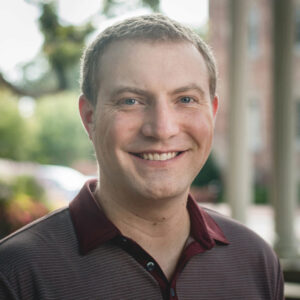 Assistant Professor Alan Kuntz (School of Computing)
Assistant Professor Alan Kuntz (School of Computing)
Kuntz was a graduate research assistant with the Computational Robotics Research Group at the University of North Carolina at Chapel Hill where he also received his doctorate in computer science. His research is in motion planning, control, and design optimization for manipulators and continuum robots, such as concentric tube robots, parallel surgical robots, and steerable needles.
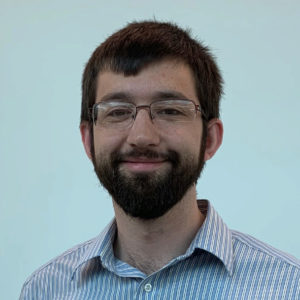 Assistant Professor Pavel Panchekha (School of Computing)
Assistant Professor Pavel Panchekha (School of Computing)
Panchekha received his doctorate in computer science from the University of Washington and has conducted internships at Adobe, Dropbox and MIT. He studies mechanical reasoning and synthesis for domain-specific languages, such as floating-point numerical programs and web page layout code.
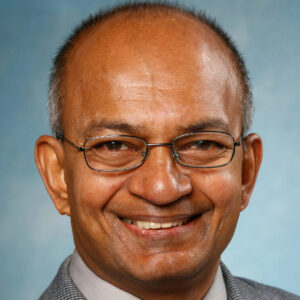
Professor Ponnuswamy Sadayappan (School of Computing)
Sadayappan arrives from The Ohio State University where he was a professor in the Department of Computer Science and Engineering. Named a Fellow of the Institute of Electrical and Electronics Engineers (IEEE) in 2015, his research interests are in compiler optimization for high-performance computing, domain-specific compile/runtime optimization, and data movement complexity of computations.
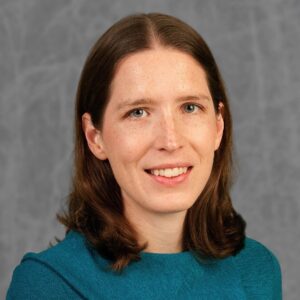 Associate Professor Blair Sullivan (School of Computing)
Associate Professor Blair Sullivan (School of Computing)
Sullivan was an associate professor in the Department of Computer Science at North Carolina State University and received her doctorate in mathematics from Princeton University. Her research focuses on improving the understanding of intermediate-scale network structure and using it to develop new practical (parameterized) algorithms for rigorous, robust characterization, comparison, anomaly detection, and feature approximation in real-world graph data.
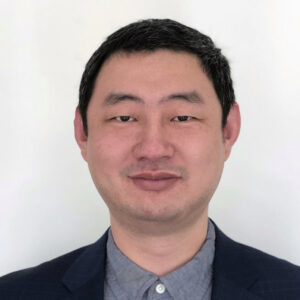 Assistant Professor Mu Zhang (School of Computing)
Assistant Professor Mu Zhang (School of Computing)
Zhang received his doctorate in computer science from Syracuse University and was a researcher at NEC Laboratories and postdoctoral associate at Cornell University before coming to the U. His research interests are in developing tools to address the security problems of software systems in different domains, including but not limited, mobile systems, cyber-physical systems and enterprise IT systems.